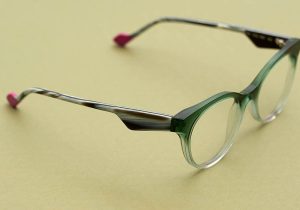Why do I have dry eyes?

Have you been experiencing scratchy, sore, itchy, blurry, inflamed, or watery eyes? There has been a recent surge of dry eye disease in Australia. According to Optometry Australia, more than 85% of Aussies have experienced dry eye symptoms at some stage in their lives. While symptoms can occur at any time, they tend to be exacerbated during winter, where cold dehumidified air, indoor heating units, and smoke (from woodfired burners) worsens presentations.
In healthy eyes, the tear film coats the surface of the eye and provides lubrication and protection from the environment. In patients with dry eye disease, the tear film becomes unstable and breaks down rapidly, causing a range of symptoms including but not limited to discomfort, watering eyes, increased blinking, and visual disturbances.
The risk of dry eye disease increases with age and is higher in females than males. Environment and lifestyle can also play a part with computer use, pollution, low humidity, and poor diet also increasing the risk. Contact lens wearers and people who’ve had laser eye surgery (e.g. LASIK) are also at greater risk of dry eye.
Some general health conditions and medications also worsen dry eye disease. If you’ve been diagnosed with diabetes, rosacea, thyroid disease, or connective tissue disease you’re at higher risk. Additionally, medications including hormone replacement therapy (HRT), antihistamines, antidepressants, anti-anxiety medications, isotretinoin (Roaccutane) and diuretics can have side effects which include worsened dry eye.
Each of these risk factors either reduce the production of the tear film components or increase the rate of evaporation of the tear film. This subsequently concentrates the salts within the tear film, irritating the eye and creates a vicious cycle of inflammation where the tear film constantly breaks down. Which is why we experience dry and uncomfortable eyes.
There are three main targets for the management of dry eye disease:
- Increasing the production of tear film components
- Supplementing the tear film with artificial tears (eye drops)
- Reducing inflammation
Using over the counter eye drops can help in short term symptom management of dry eyes but doesn’t provide any long-term relief, because they fail to rectify the underlying cause of the issue. To find out more about management options, book an appointment with your optometrist for diagnosis and management of the cause.
Book an appointment today






